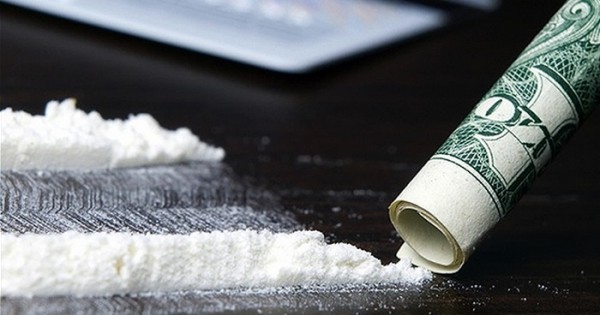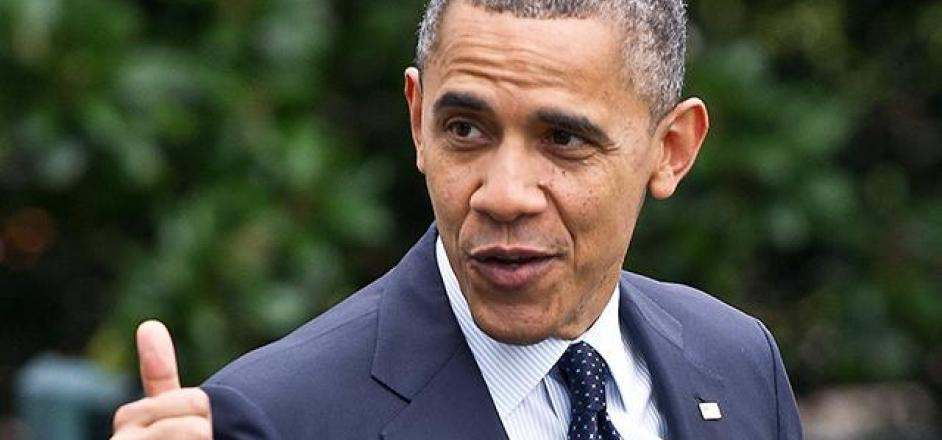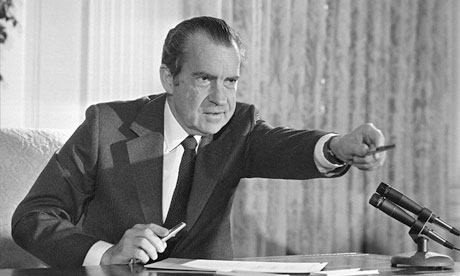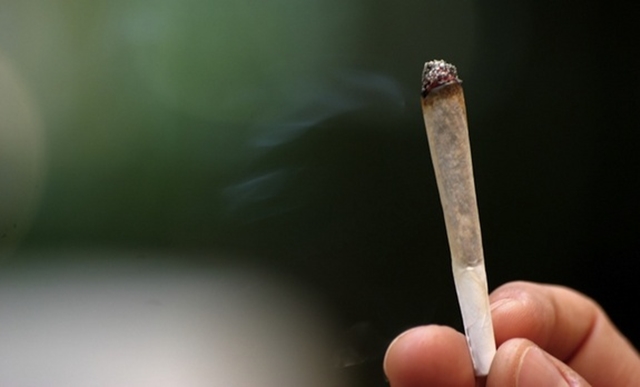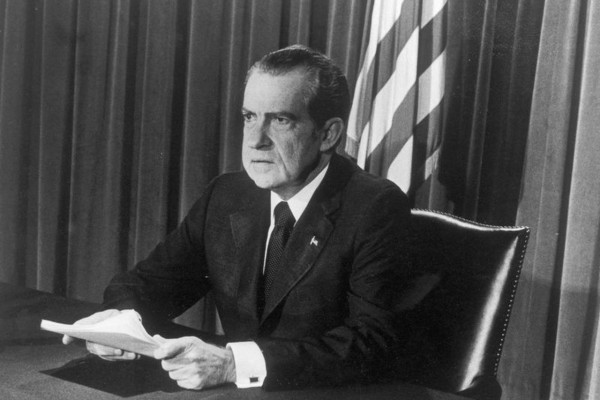
The war on drugs: Is it a genuine public health crusade or an attempt to carry out what author Michelle Alexander characterizes as “the New Jim Crow”? A new report by Dan Baum for Harper’s Magazine suggests the latter. Specifically, Baum refers to a quote from John Ehrlichman, who served as domestic policy chief for President Richard Nixon when the administration declared its war on drugs in 1971. According to Baum, Ehrlichman said in 1994 that the drug war was a ploy to undermine Nixon’s political opposition — meaning, black people and critics of the Vietnam War: At the time, I was writing a book about the politics of drug prohibition. I started to ask Ehrlichman a series of earnest, wonky questions that he impatiently […] Read More



